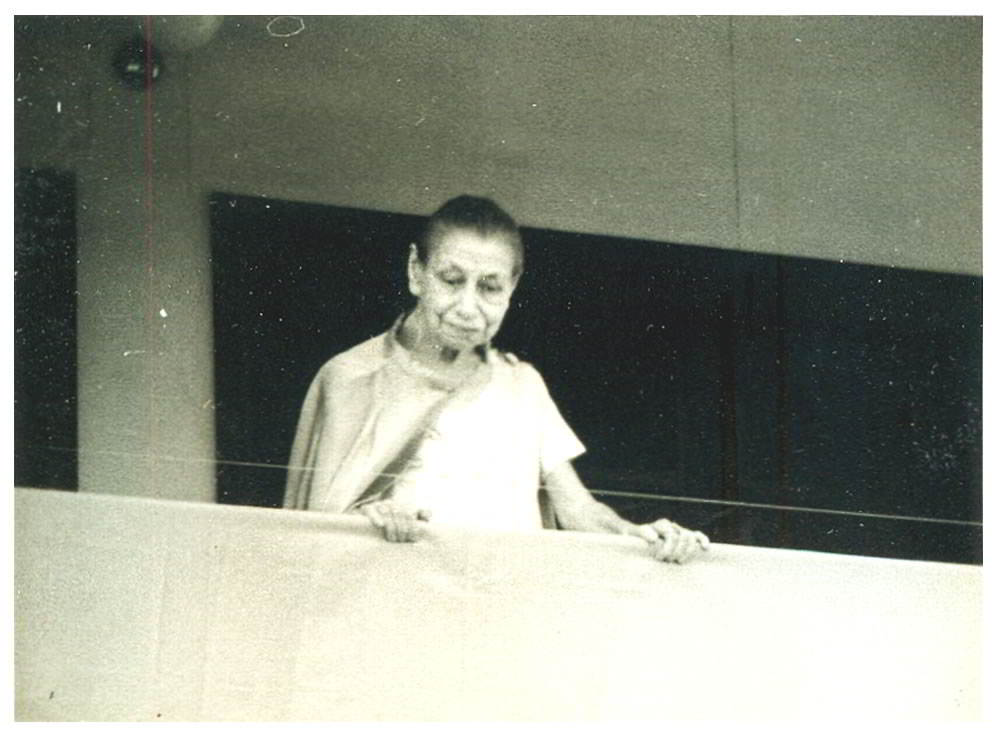Nature of Relations with the Divine

A Morning Concentration on Gratitude
06/11/2020Being alone with Divine
06/13/2020The relations which arise out of this attitude towards the Divine, are that of the divine Father and the Mother with the child and that of the divine Friend. To the Divine as these things the human soul comes for help, for protection, for guidance, for fruition,—or if knowledge be the aim, to the Guide, Teacher, Giver of light, for the Divine is the Sun of knowledge,—or it comes in pain and suffering for relief and solace and deliverance, it may be deliverance either from the suffering itself or from the world-existence which is the habitat of the suffering or from all its inner and real causes.[These are three of the four classes of devotee which are recognised by the Gita, ārta, arthārthī, jijñāsu, the distressed, the seeker of personal objects and the seeker of God-knowledge.] In these things we find there is a certain gradation. For the relation of fatherhood is always less close, intense, passionate, intimate, and therefore it is less resorted to in the Yoga which seeks for the closest union. That of the divine Friend is a thing sweeter and more intimate, admits of an equality and intimacy even in inequality and the beginning of mutual self-giving; at its closest when all idea of other giving and taking disappears, when this relation becomes motiveless except for the one sole all-sufficing motive of love, it turns into the free and happy relation of the playmate in the Lila of existence. But closer and more intimate still is the relation of the Mother and the child, and that therefore plays a very large part wherever the religious impulse is most richly fervent and springs most warmly from the heart of man. The soul goes to the Mother-Soul in all its desires and troubles and the divine Mother wishes that it should be so, so that she may pour out her heart of love. It turns to her too because of the self-existent nature of this love and because that points us to the home towards which we turn from our wanderings in the world and to the bosom in which we find our rest.
Ref : The Synthesis of Yoga




